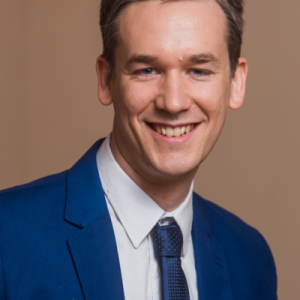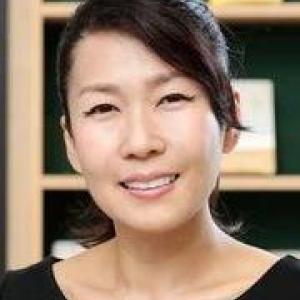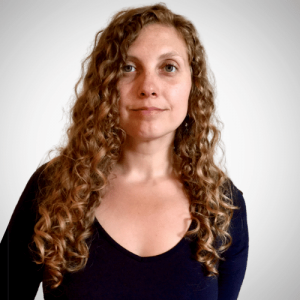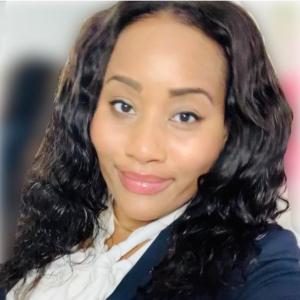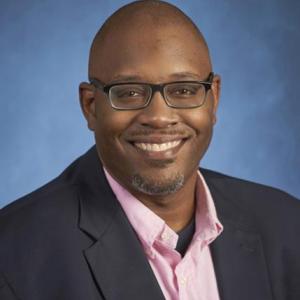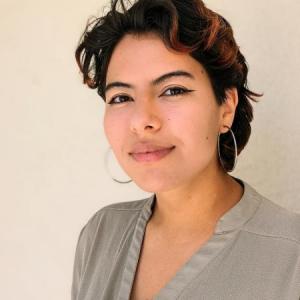Short description:
Dr. Olga Talal is a Visiting Fellow at Wesleyan University and a research Associate at the Centre for European and Eurasian Studies (CEES) at the Munk School of Global Affairs & Public Policy, University of Toronto. Dr. Talal's expertise is in nationalism and ethnic politics, minority rights, and securitization. She obtained a PhD in Political Studies from Queen’s University, Canada in 2021, a M.A in Political Science and a B.A in Political Science and Communication from the University of Haifa, Israel.
Feel free to visit my website at: https://olgatalal.wordpress.com to learn more.
Short description:
Ismael Rafols works on science policy developing novel approaches to S&T indicators, using mixed-methods for informing evaluation, foresight and research strategies. His current focus is on research priority setting, for societal challenges such as bird flu or obesity, or Sustainable Development Goals (SDGs), particularly in health and agriculture.
Short description:
Ranjit is an Assistant Professor in the Environmental Studies program and the Bren School of Environmental Science and Management at the University of California Santa Barbara, where he leads the Clean Energy Transformation Lab. Ranjit's work focuses on energy, environment, and economics and he has led several studies on low carbon energy transitions and their impacts. His geographical focus is mainly in South Asia, Africa, and the United States.
Short description:
Balazs Sarvari is a Senior Lecturer at Corvinus University of Budapest, Rector's counsellor at the Saint Ignatius Jesuit College, Senior Researcher at the Central Bank of Hungary on the field of Sustainable Finance. His major fields of research are: Sustainable Finance, Chinese economic policy, political economics of globalization and cultural heritage. He has a PhD in Economics and International Relations and a Degree in Economics (2010) - Corvinus University of Budapest, Hungary
Short description:
Josephine M. Kim is Senior Lecturer on Education at the Harvard Graduate School of Education and the former faculty director of the Office of Diversity and Inclusion at Harvard School of Dental Medicine. She is a Licensed Mental Health Counselor, a National Certified Counselor, and a Diversity Scholar at the National Center for Institutional Diversity who steers equity and anti-racist practices of senior executives in nonprofit organizations, corporations, and K-16 institutions. She is an internationally known as a speaker and consultant who lends expertise on cross-cultural, diversity and inclusion, mental health, and educational issues to media sources, organizations, Fortune 100-500 corporations, and schools in Asia, Europe, and the U.S. She is a former resident fellow in the Administrative Fellowship Program at the Office of the Assistant to the President for Institutional Diversity and Equity at Harvard University and is Expert on diversity & inclusion and training design (focused on antiracism in the workplace) at United Nations. She is a Diversity Subject Matter Expert at the Center for Workplace Development at Harvard University and an affiliated faculty at the Center for Cross-Cultural Student Emotional Wellness at Massachusetts General Hospital who specializes in cultural adjustment and racial identity development; promotion of mental health and prevention of psychological risk; intercultural understanding and cultural brokering; culturally relevant counseling and advocacy; and anti-racist pedagogy and practices.
Short description:
Samantha is a scholar and educator in peace and conflict resolution. Her research examines the double minority dilemma in peace agreements with expertise in the Northern Ireland and Cyprus conflicts as well as negotiation theory and praxis. She also advocates peace and conflict resolution education and has promoted active learning and indigenous ways of knowing in teaching and learning. Samantha has published in non-traditional media, producing podcasts and building websites showcasing research results and building communities of practice.
Short description:
Dr. Patriann Smith hails from the island of Saint Lucia. She serves as professor at the University of South Florida and is well known for her research which considers how literacy teaching, research, assessment and policy are influenced by the intersection of race, language and (im)migration. Dr. Smith challenges literacy teaching via monolingual, monocultural, and monoracial norms in classrooms across the globe. She has proposed solutions via her transdisciplinary research such as ‘a transraciolinguistic approach’ and the framework for ‘Black immigrant literacies’.
Short description:
Associate Professor of Special Education at Pennsylvania State University (Penn State). His research includes examining effective strategies for inclusive STEAM education for students with disabilities and improving school/classroom climates for students, families, and teachers. His STEAM scholarship focuses supporting inquiry-based STEAM instruction and using research-based interventions and practices. His school/classroom scholarship emphasizes student/classroom motivation, followership/leadership dynamics, and diversity, equity, and inclusion considerations across educational settings. Prior to working in higher education, Dr. Taylor earned his Bachelor's degree in Special Education from Tuskegee University and his Master's in Collaborative Education and Doctorate of Special Education with an Emphasis in Autism and Emotional/Behavioral Disorders from Auburn University. His instructional experiences have included a variety of settings including juvenile justice, PreK-12 grade schools, and group homes environments. with a variety of students including adults with moderate to severe Intellectual Disabilities and students with Autism Spectrum Disorder and/or Emotional/Behavioral Disorders.
Short description:
My name is Alexandra (Alex) Eleazar, I'm a doctoral student in Sociology at UC Santa Barbara. My research is focused on immigration, inequality, gender, and sexuality. I'm especially interested in the experience of LGBTQ+ immigrants and inclusive migration policy. Before moving to California I lived in Northampton MA, upstate NY, and Guatemala (where my family is from). I can be found here: https://www.soc.ucsb.edu/people/alex-eleazar


